Cracked Sidewalk Repair Timing Tips
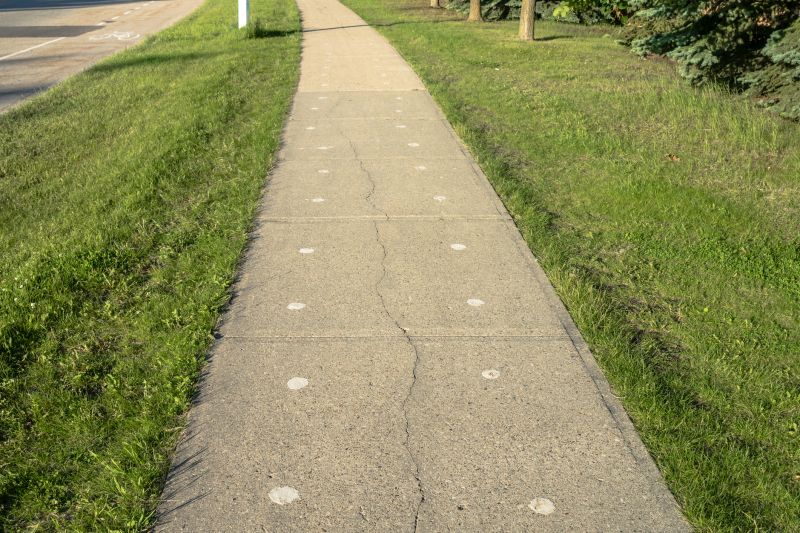
Spring offers moderate temperatures ideal for repair work, reducing the risk of cracking due to temperature fluctuations.
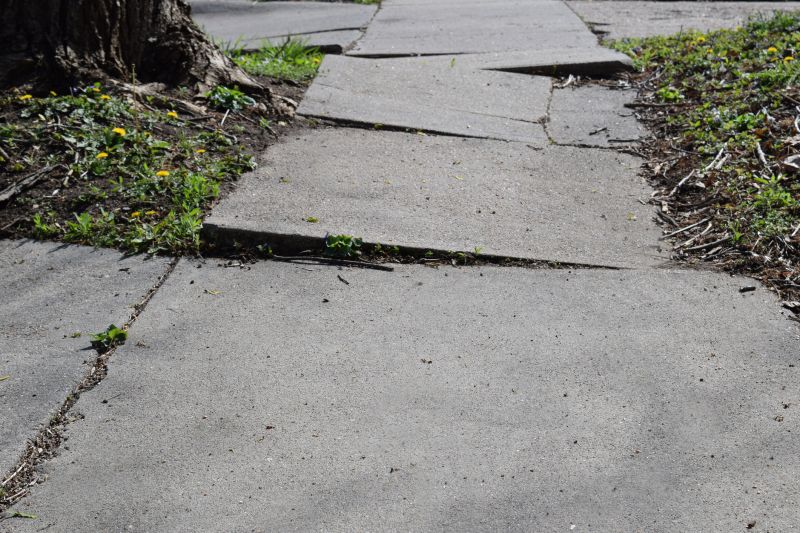
Summer's warmer weather facilitates curing and setting of repair materials, making it a suitable season for sidewalk repairs.
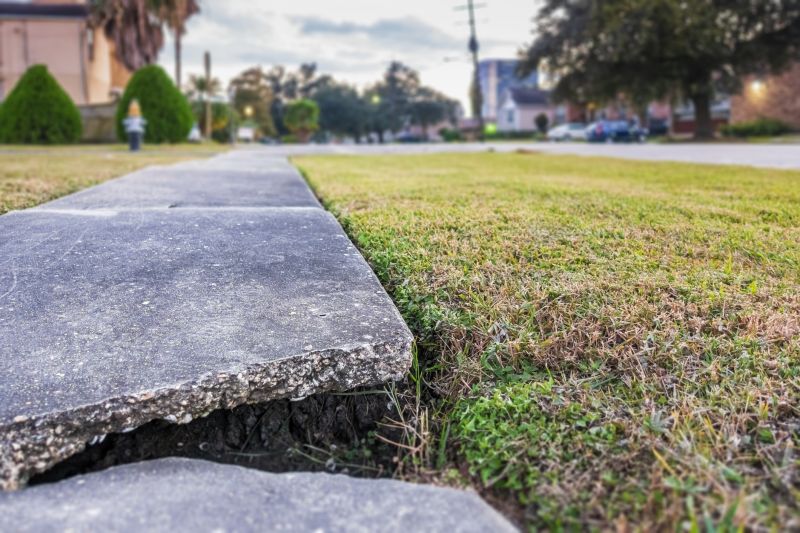
Performing repairs in fall can prevent winter damage, as cracks are sealed before cold weather causes further deterioration.
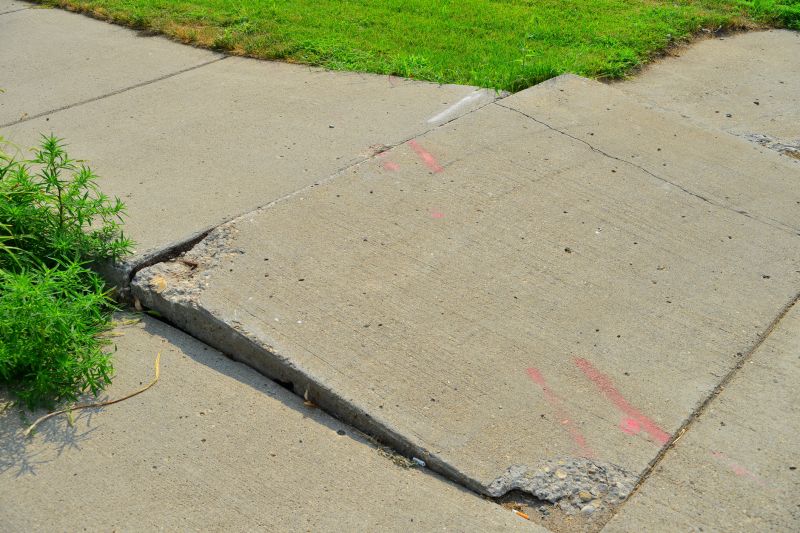
Ways to make Cracked Sidewalk Repairs work in tight or awkward layouts.
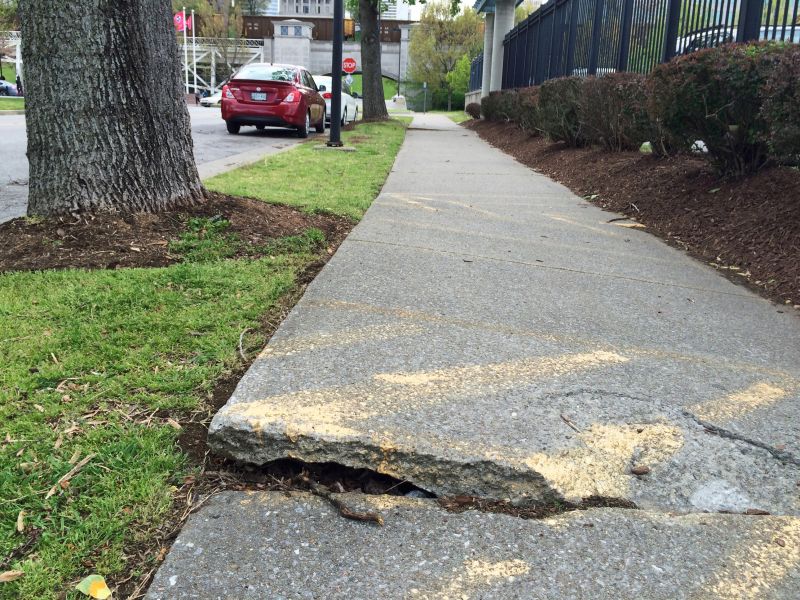
Popular materials for Cracked Sidewalk Repairs and why they hold up over time.
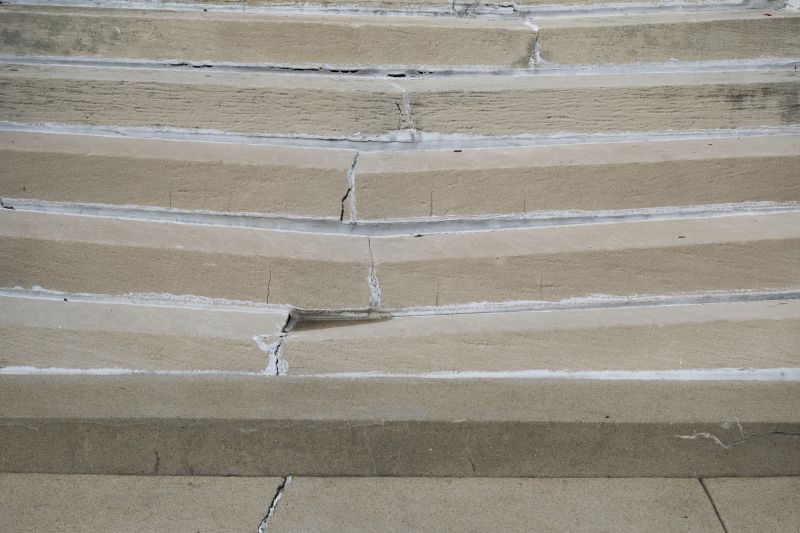
Simple add-ons that improve Cracked Sidewalk Repairs without blowing the budget.
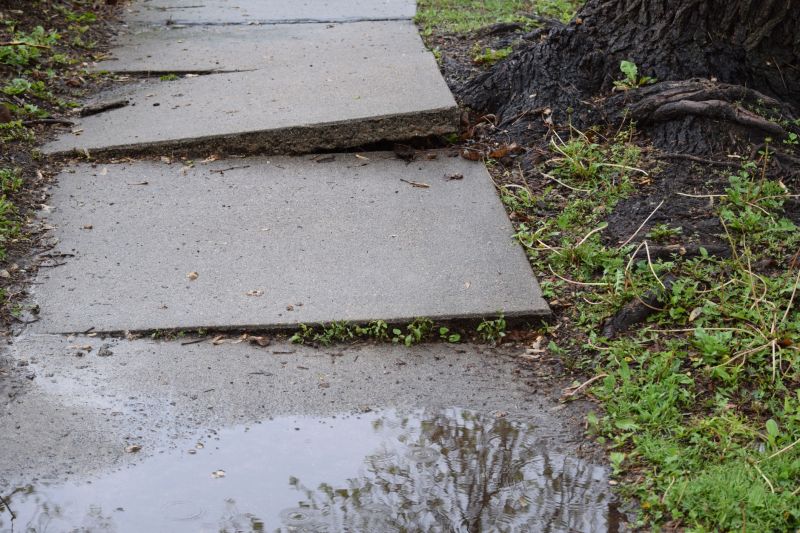
High-end options that actually feel worth it for Cracked Sidewalk Repairs.
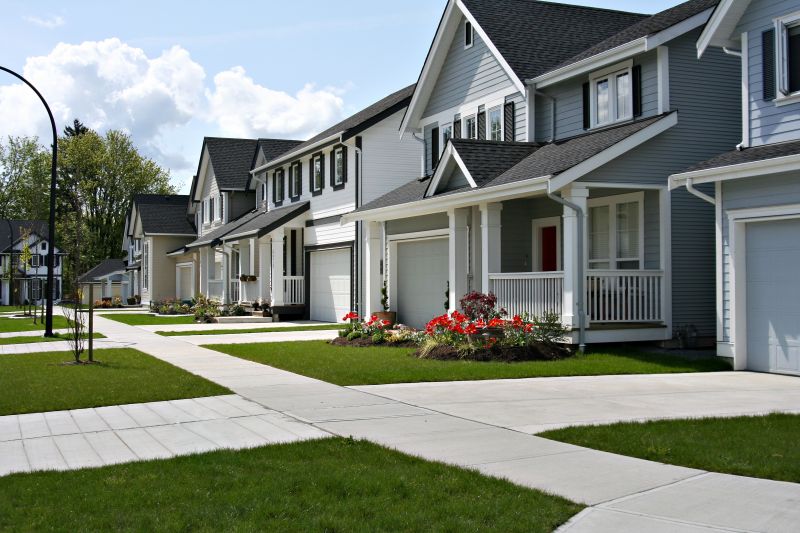
Finishes and colors that play nicely with Cracked Sidewalk Repairs.
Cracked sidewalk repairs are essential for maintaining safety and accessibility in public and private spaces. Addressing cracks early can prevent trip hazards and further structural damage. The timing of repairs plays a crucial role in ensuring durability and cost-effectiveness. Seasonal weather conditions influence the success of repair projects, with moderate temperatures and dry conditions being most favorable.
Prompt repairs help prevent water infiltration and freeze-thaw damage, extending sidewalk lifespan.
Weather conditions such as rain, snow, and extreme heat can delay or compromise repair work if not scheduled appropriately.
Ideal conditions include dry, moderate temperatures with low humidity to ensure proper curing and adhesion.
Scheduling repairs during favorable weather can reduce costs associated with delays and rework.
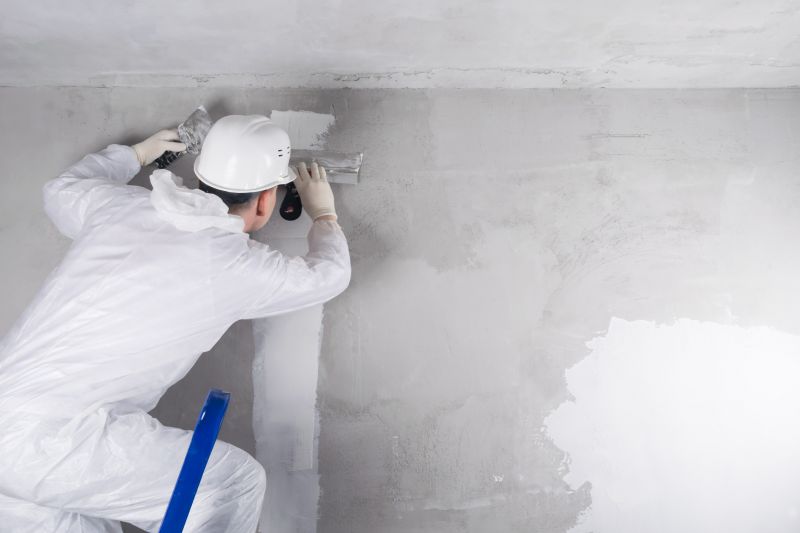
A worker filling cracks with concrete patching material.
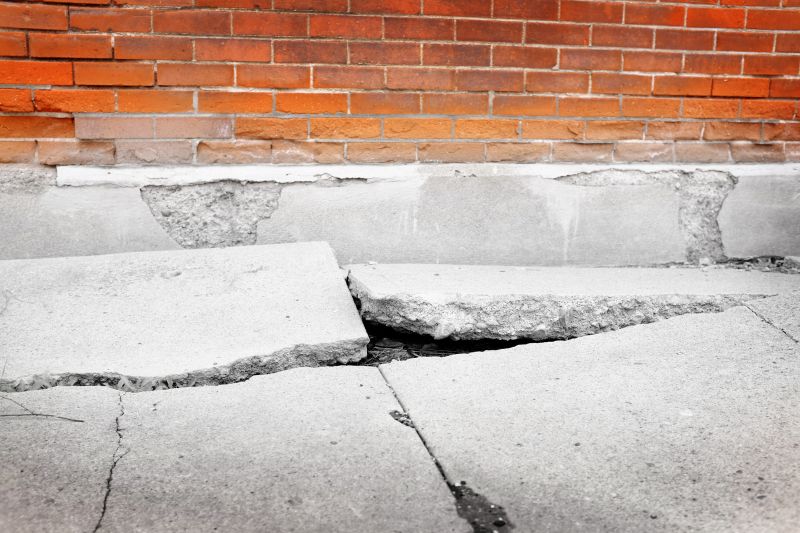
A calendar highlighting optimal repair months.
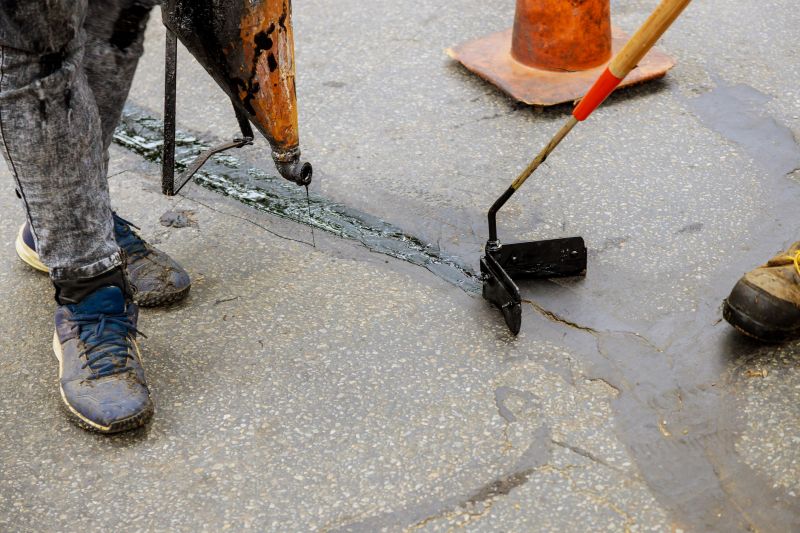
Tools and machinery for crack sealing and patching.
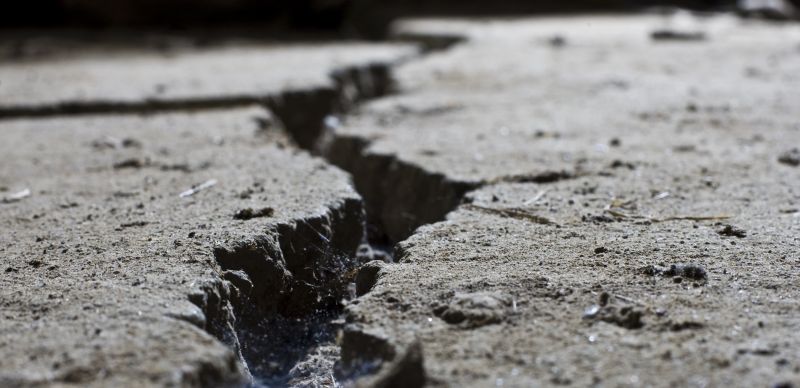
Sidewalk sections showing crack repairs completed.
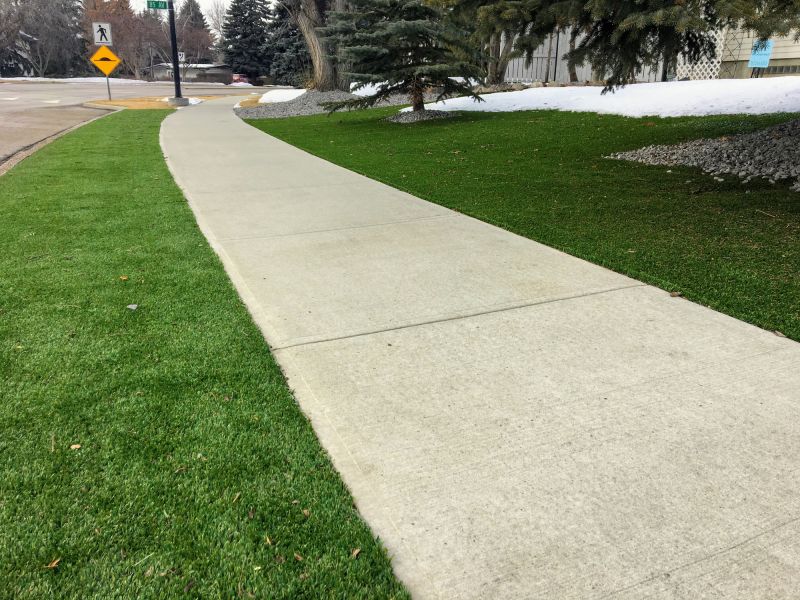
Images depicting dry and moderate weather suitable for repairs.
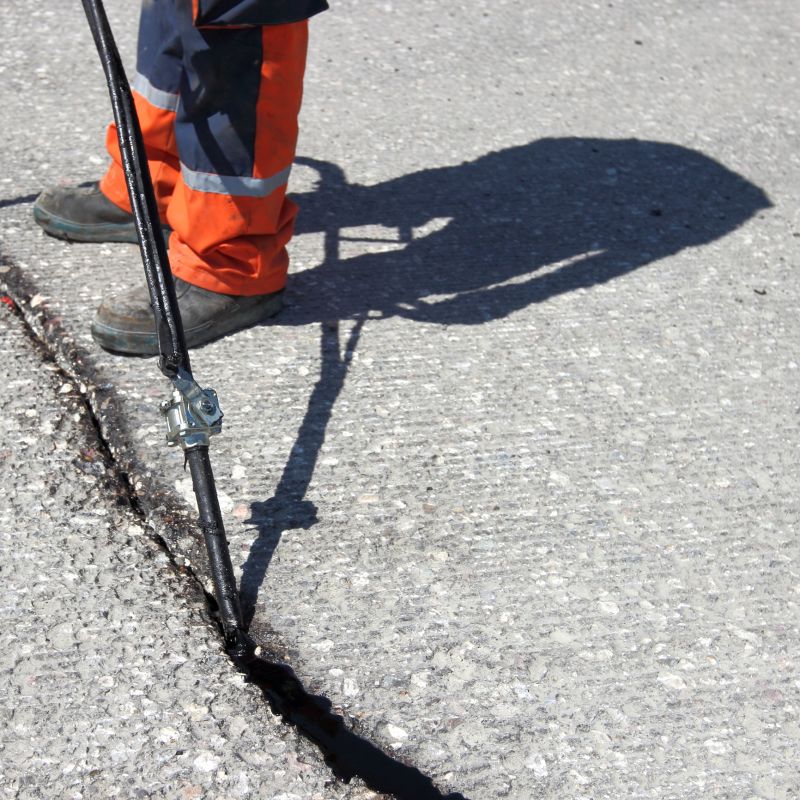
Protective equipment used during sidewalk repair work.
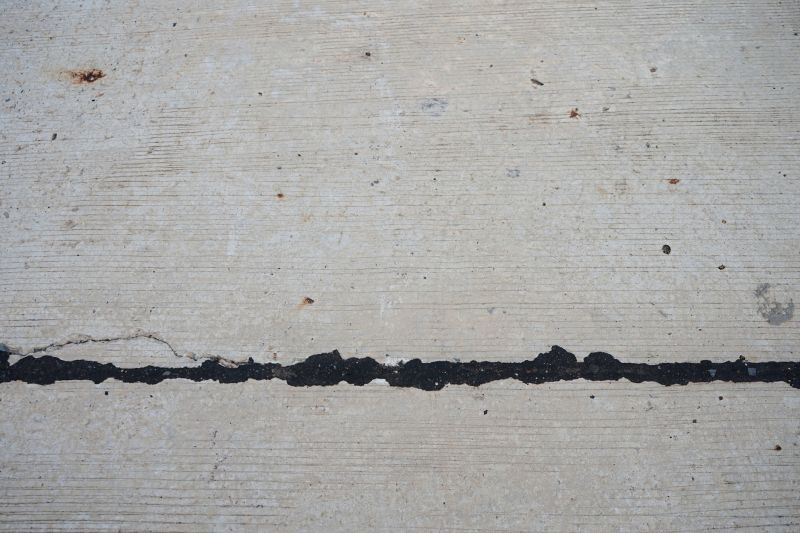
High-quality concrete and sealants for durable repairs.
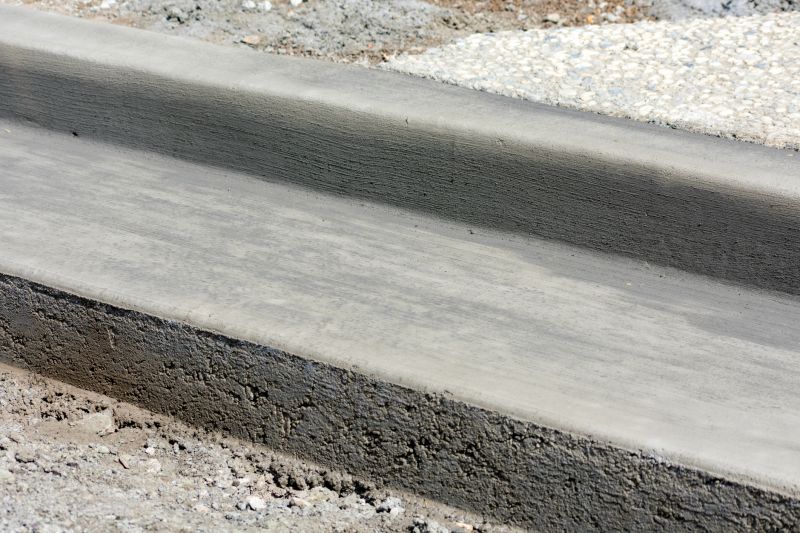
Completed sidewalk with smooth, crack-free surface.
| Season | Recommended Repair Timing |
|---|---|
| Spring | Early spring before heavy rainfall and temperature fluctuations |
| Summer | Mid to late summer when temperatures are consistently warm |
| Fall | Early fall to prepare for winter conditions |
| Winter | Generally not recommended due to freezing temperatures and moisture |
Understanding the optimal timing for sidewalk repairs can lead to more effective and longer-lasting results. Scheduling repairs during favorable weather conditions minimizes risks such as improper curing or additional cracking. Proper timing also helps in managing project costs and ensuring safety during repair activities.
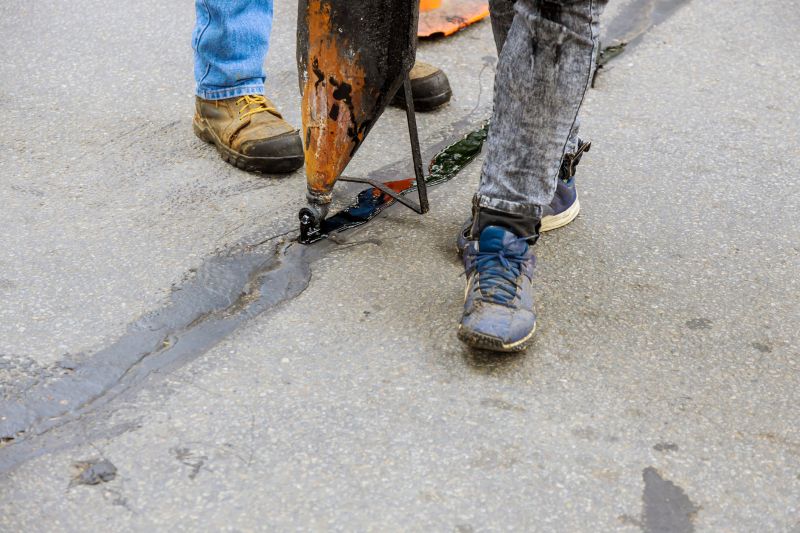
A crew sealing a large crack in a sidewalk.
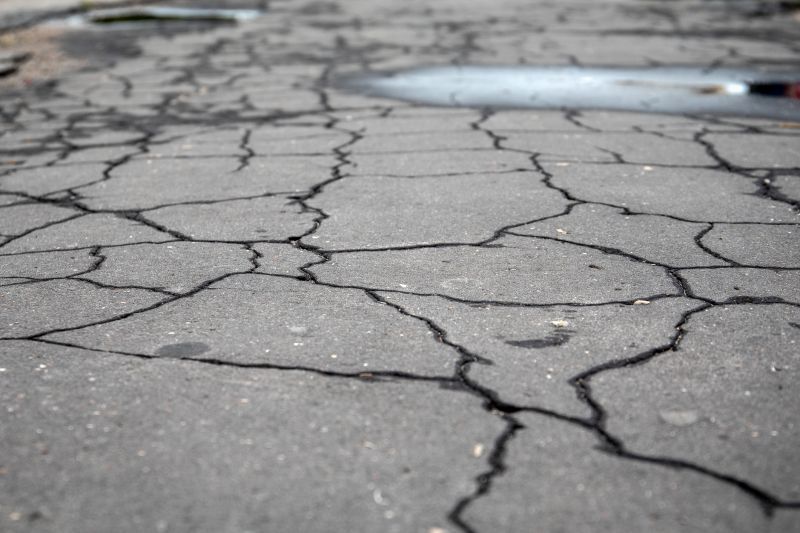
Image showing dry weather ideal for repairs.
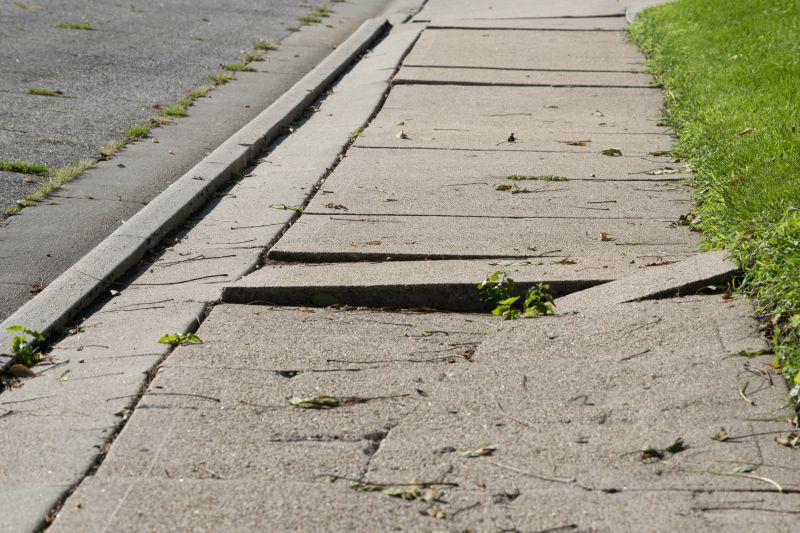
Smooth sidewalk surface after repairs.
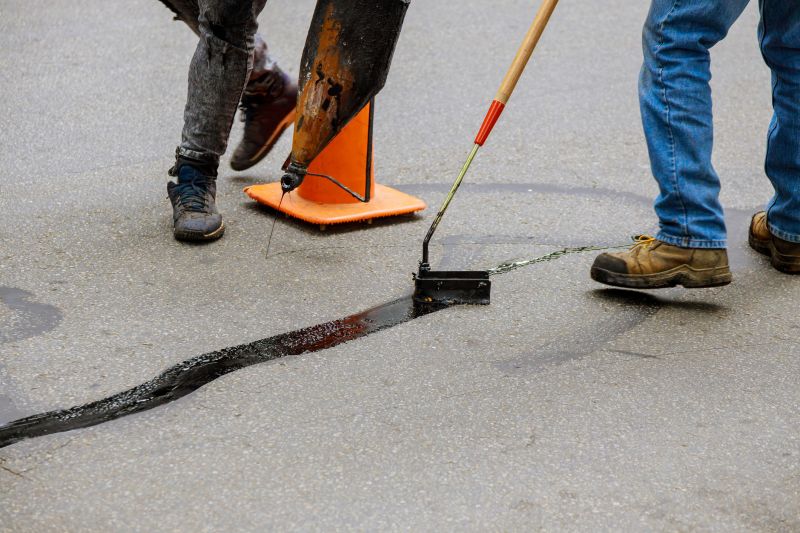
Tools used for crack filling and sealing.
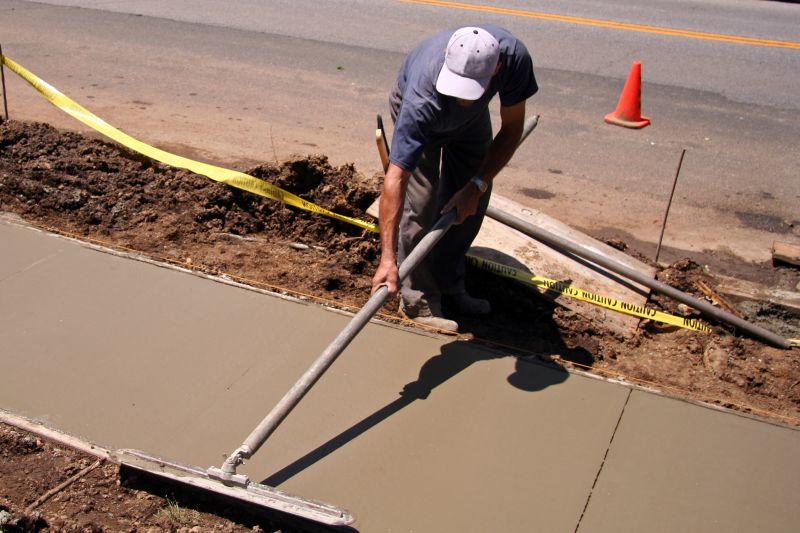
Little measurements that prevent headaches on Cracked Sidewalk Repairs day.
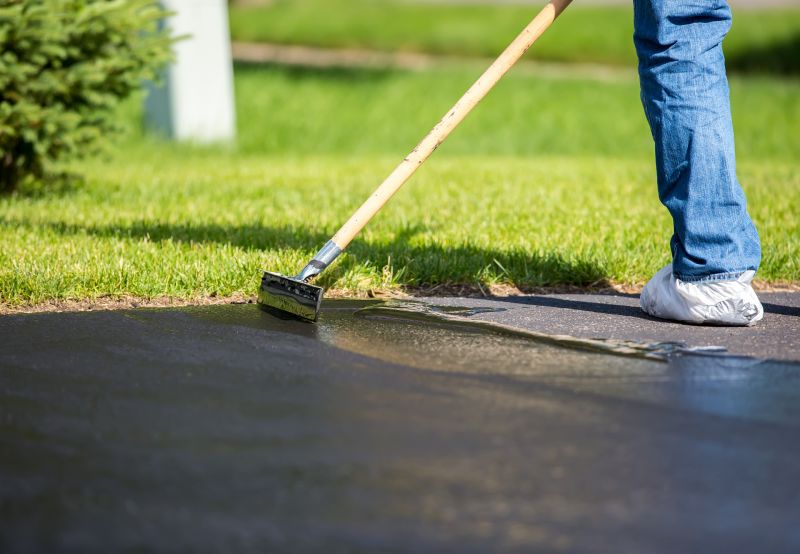
A 60-second routine that keeps Cracked Sidewalk Repairs looking new.
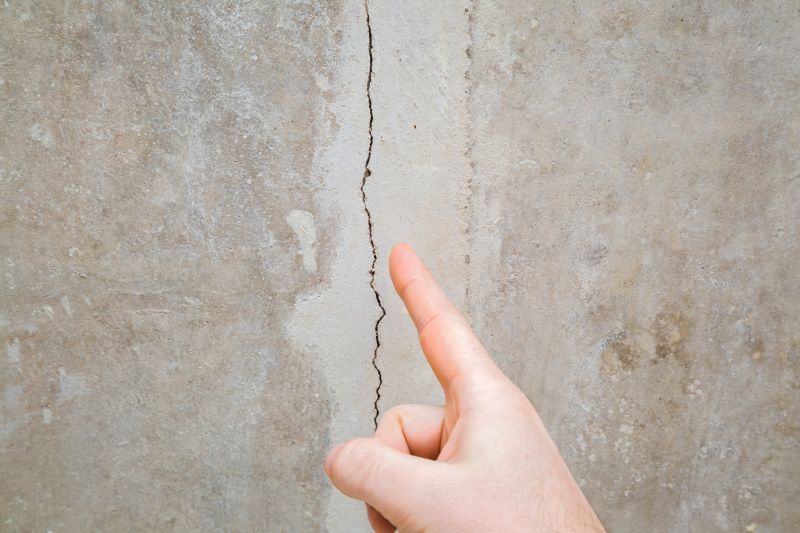
A frequent mistake in Cracked Sidewalk Repairs and how to dodge it.
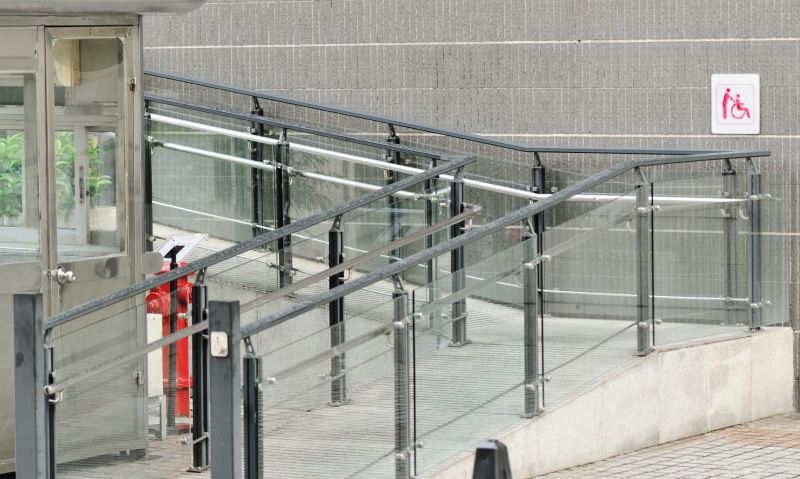
Small tweaks to make Cracked Sidewalk Repairs safer and easier to use.
Interested in scheduling sidewalk repairs? Filling out the contact form can provide more information and assistance on the best timing and methods for your specific needs.
